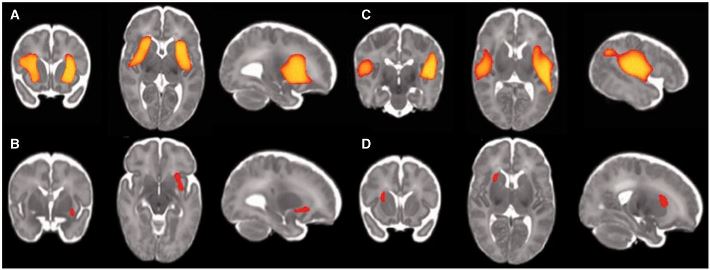Click on image to enlarge for easier reading
This
study that is a good reminder to us who engage in cognitive testing.
What we may find during 1-1 clinical testing may not generalize 100% to
real world. In this study, varying trait stability of working memory
during normal school days was found to be significant, with more
variability (lack of stability) for some individuals. I think teachers
see this all the time. This could also suggest that maybe brain-based
working memory training programs should be targeted at those children
who show the most time-to-time variability in working memory.


